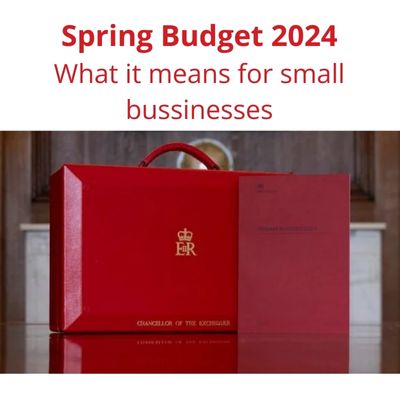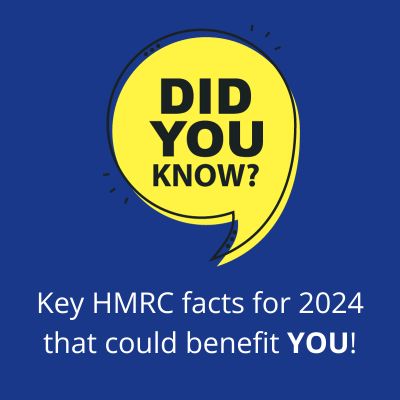Can I Buy a Car Through my Sole Trader Business?
If you are a Sole Trader, buying a car through your business can be a really tax-efficient decision.
Remember, however, that you cannot claim for buying personal items through your business. This means you’ll only ever be able to claim the business use portion, and if HMRC asks you’ll need to show evidence of how you use your car for work purposes.
The easiest way to work out how to split your car between business and personal use is to assign a simple percentage. For example, you may use your car 75% for business and 25% for personal travel. Keep a simple spreadsheet in the car to note down business and personal trips, or get a mileage tracker app on your phone.
The way you’ll get tax relief will depend on how you pay for the car and its CO2 emissions.
Car Purchase Options as a Sole Trader
If you are self-employed and buying a car, then there are 4 ways you can expense the cost:
- Claim mileage
- Buying a car outright
- Lease a car
- Hire Purchase
1. Claim a Mileage Allowance for using Your Personal Car
If you use your own car you can simply claim a fixed amount per mile every time you use it for business reasons. You’ll need to record the miles you do, keeping a detailed log of where you have travelled.
If you choose to claim mileage allowance you cannot claim for either the purchase of your car or any running expenses. The allowance is set higher than the cost of fuel to cover running costs and wear and tear.
Current Allowances
Up to 10,000 business miles – 45p per mile
Over 10,000 business miles – 25p per mile
Car Share – Additional 5p per person!
Motorcycle – 24p per mile
2. Buy a Car Outright
Another way to buy a car through your business as a sole trader is to pay up front and own it outright.
If you choose this option, you can expense the cost of the business use element of your car. And you will get tax relief by using Capital Allowances.
Capital allowances are a way of giving you tax relief on more expensive items, like cars, that you keep for a number of years. You will claim for a portion of the car cost, depending on its emissions, using Capital Allowances:
If you choose to use this method for your new car, then you can also claim a portion of fuel, servicing, insurance and repairs on your vehicle as tax-deductible expenses.
Current Allowances
New and unused electric or zero emission cars – 100% in year of purchase
Up to 50 g/km – 18% per year Capital Allowance (main rate pool)
Over 50g/km– 6% per year Capital Allowance (special rate pool)
3. Lease a Car
Leasing is another option for paying for a car through your business if you don’t want to own it outright.
This has several advantages:
- The lease payments are chargeable against corporation tax after taking into account the amount of business use versus personal use
- Fixed monthly instalments
- Insurance, repairs and maintenance are claimable – depending on the amount of business use versus personal use
- If you shop around you may be able to get cheaper deals than with a personal agreement
- If your company is VAT registered, you can reclaim 50% of the VAT on the monthly payments
- At the end of the contract, you may have the option to acquire the vehicle
4. A Hire Purchase Agreement
A HP Agreement combines an outright purchase with a lease. You do not pay the full price upfront, but you do take ownership eventually.
The advantages of this are:
- You can get tax relief on the full value of the car in the initial year of hire purchase subject to the business portion of usage (again, subject to the business portion of usage)
- You will pay fixed monthly instalments
- At the end of the contract, you take ownership of the car
What about VAT?
If your business is registered for VAT you may be tempted to claim the VAT on your car costs. Unfortunately, you cannot claim any VAT on the car value if you buy the car outright or through a HP agreement. You can however claim 50% of the VAT on the payments if you choose to lease a car through your business.
You can claim the VAT on repairs and maintenance if the business pays for the work. This does not have to be apportioned according to the level of business use – as long as there is some business use. VAT on fuel can also be claimed, subject to a Fuel Scale Charge to account for private use. This applies even if you cannot reclaim the VAT on the vehicle itself.
Different VAT rules apply if you buy a car for use as a taxi or a driving instruction car, or if you are a motor dealer and buy it as a stock car.
Interested in getting an electric car through your business? Read our blog: Is it worth getting an electric company car?
If you require more information on buying a car through your sole trader business, please get in touch.





